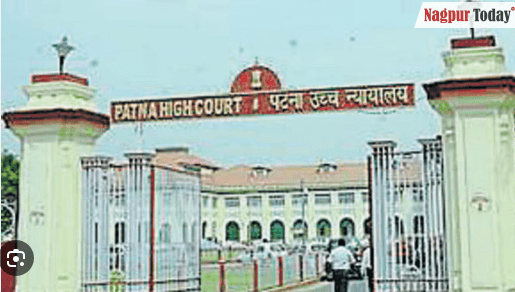Patna: In a major setback for the Nitish Kumar-led State Government in Bihar, the Patna High Court on Thursday set aside the legislature’s decision to increase the reservation for Backward Classes, Extremely Backward Classes, Scheduled Castes and Scheduled Tribes (SC/STs) from 50 percent to 65 percent.
The Bihar Reservation of Vacancies in Posts and Services Amendment Bill and the Bihar Reservation (Admission in Educational Institutions) Amendment Bill, 2023 were recently cleared by the state legislature during the winter session days after the government tabled the detailed analysis of the state’s landmark caste survey report in the Assembly.
Both the bills sought a hike in the quota for Scheduled Castes (SC) from 16 to 20 percent, Scheduled Tribes (STs) from 1 to 2 percent, extremely backward castes (EBCs) from 18 to 25 percent and other backward classes (OBCs) from 15 to 18 percent to elevate the total quantum of caste-based reservations from 50 to 65 percent.
Based on the findings of the caste survey in the state, the government increased the quota for Scheduled Caste (SC) to 20%, for Scheduled Tribe (ST) to 2%, Extremely Backward Classes (EBC) to 25% and Other Backward Classes (OBC) to 18%.
The High Court in March had reserved its judgment on a batch of writ petitions challenging the constitutional validity of the increase in quota for backward, extremely backward classes, scheduled castes and scheduled tribes from 50 percent to 65 percent in government jobs and higher educational institutions in the state.
A division bench of Chief Justice K Vinod Chandran and Justice Harish Kumar had reserved the judgment while concluding a marathon hearing on 10 writ petitions filed by one Gaurav Kumar and others.
The petitioners had challenged the constitutional validity of the amendments made in reservation laws. On November 21, the state government had notified the amended reservation laws.
The Bihar government in November last year had officially notified in the state gazette two bills, aiming to raise the quota for deprived castes from 50 percent to 65 percent in government jobs and educational institutions.
With the enactments, Bihar held the highest reservation percentage among larger states, reaching a total of 75 percent.
Bihar, with the law, was the second only to Tamil Nadu to provide the highest percentage of reservation to backward classes.
While Tamil Nadu offers 50 percent, Bihar provides 43 percent reservations for them, followed by Sikkim and Kerala with 40 percent each.
Notably, Bihar also provides a 10 per cent quota for the economically weaker section (EWS) among the upper castes.

















